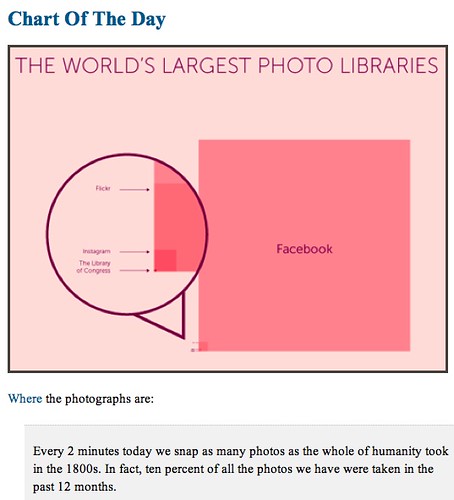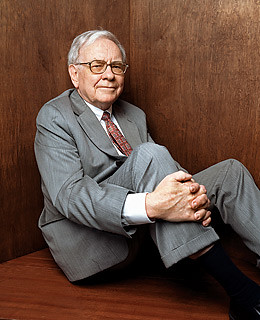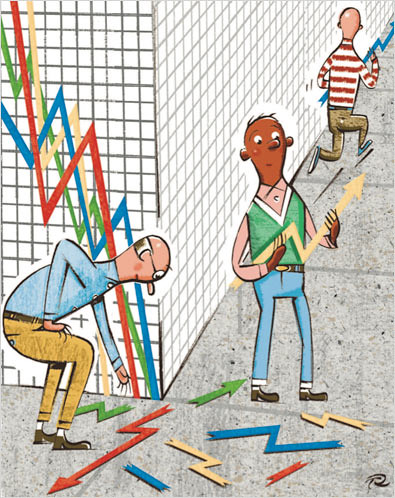Jeffrey Sachs presents his latest book, The Price of Civilization: Reawakening American Virtue and Prosperity, on Charlie Rose's Show. You may want to pay attention to two dimensions in Sachs' view, which resonate with prior views I expressed on this blog:
1) Structural problem, or a) the mismatch between our skills supply and the demand of an economy to support our lifestyles;
2) Values problem, e.g., the common view on taxation not as a condition for civilization, but symptom of free-riders and/or government waste.
Surely, from the height of one's ivory tower, the commoner hears little about institutions mistakenly, if not criminally, entrusted with our money supply that have become too big to fail, a Tobin tax on financial speculation, or a qualified statement about the need for investment in scientific and technical education--yup, not all education is created equal. To place one close to Sachs, the discipline of economics should admit its limits and give up relax the status of dogma or ideology.
Couple Sachs' views with the following:
I | II |
The price of arrogance By Mark bennett "Mark" Sachs basically wants to transform the US into Sweden. He dresses up this call for social & economic transformation as a matter of "morality" and "virtue". Over and over he makes his case in an openly dishonest way. As of the United States had been Sweden in the past, had somehow lost his way and needed to come back to that system. He tells us that high taxation is equal to "good citizenship" and "civilization". Or in other words that anyone who doesn't want a country where half of national income is spent by the government is somehow a selfish barbarian. Its the basic dishonesty of the man and his arguments as presented in the book that makes it so bad. I could live with a book which called for moving to a different economic system. But its a different matter when a educated man confuses his own political desires with "morality" and "virtue". When people start dressing up their personal political goals as the sole embodiment of virtue, they have crossed the line. If an author says "we should make the US look more like Sweden", thats fine. But when that author tells us that any other government model than that of Sweden is immoral, thats not acceptable. Worst of all, Sachs is one of those people who believes in the paterialistic saving of the "common man" by the rich. Normal people are simply too stupid to know what is good for them. Therefore the rich should decide for them and the rich should take up the cause of "fixing" America in the name of the poor. He tells us that throwing R&D is the magic solution to every problem. He tells us, for example, that if we had just continued Jimmy Carter's energy R&D, America's energy system today would look radically different. But when you get beyond the empty phrases of "R&D" and look at what Carter's program actually consisted of, its not so nice. Carter's program was at its heart a program to shift the US to coal. And anyone who thinks that transforming coal into liquid fuel or building coal slurry pipelines would have been a step forward in American energy policy is crazy. And no amount of "research" into solar power can overcome the basic problems of cost and inconsistant power generation. People like Sachs believe that science is "magic" and that throwing money at R&D can change the laws of nature. But it is not so. We live in a world that is resource interdependent. Jimmy Carter's energy programs were based on the idea that science could make it 1950 again and deny the reality that America was part of the world rather than a standalone fortress. Carter's dream of an America run on coal was foolishness that was rightfully abandoned. And its also worth pointing out that the so-called countries of civilized virtue didn't themselves take it up in a way that led anywhere. The only way to improve America is to fix the problems of America. Trying to turn the United States into Sweden or Germany isn't a viable solution. What that means is looking at the institutional problems of America and asking hard questions about them. For example, that means asking WHY the costs of higher education in the united states are going up rather than just throwing more government money at the problem. That means asking WHY its impossible to get health care outside of an insurance plan regardless of how much money a person has. Why does it cost proportionally so much more today for simply medical procedures (take a broken arm) than it used to? Why do those costs seem to have nothing to do with the cost of the service delivered? What people in the United States need to do is to stop talking about fixing problems by throwing money at them and start fixing what is broken in American institutions by asking hard questions. The sort of easy answers (copy Sweden) that fill this book will ultimately lead nowhere. | An Eloquent Plea for Meaningful By Tiger CK In the Price of Civilization Jeffrey Sachs makes a powerful call for significant changes in the way the U.S. government manages the economy. According to Sachs, an economics professor at Columbia University, Washington has not devised policies that meet the challenge of globalization. Rather than investing in education and infrastructure, as many Asian countries have during the last twenty years, they have resorted to popular short-term stimulus measures such as cutting taxes and reducing interest rates. These problems have been exacerbated by lobbyists whose influence over Republicans and Democrats has made meaningful change impossible. Sachs argues that the best solution for these problems is for Washington to move toward a "mixed economy" in which a more effective government plays a larger role in regulating businesses. He believes that the current problems in the American economy are structural and not short-term. With the Republicans and Democrats both seeking solutions that will prop up the economy for a year or two rather than address the structural issues, the United States is on the wrong course and not likely to return to the levels of prosperity it previously enjoyed. These problems can only be solved if the government makes a long-term commitment to investing in industry in part by raising taxes on the wealthy and reducing the growing gap between the rich and poor. Sachs's bold argument is not likely to be welcome by either Democrats or Republicans. One Republican congressman (Paul Ryan) has already published a scathing review of the book in the Wall Street Journal more or less equating Sachs's proposals with socialism. But I think Americans fed up with Washington and its inability to solve the current crisis will find many of Sachs's arguments very compelling. The majority of Americans do wish that the government could be reclaimed form corporate lobbyists and the people empowered and they recognize that politicians on boths ides of the spectrum are part of the problem. Is Sachs right? I don't agree with him on everything but I do think he makes many valid points especially on the shortsightedness of our politicians and the methods that they are now using to attack our economic problems. I am not completely sold on Sachs's mixed economy solutions, however. I believe the key to economic policy is not whether we lean toward laissez-fair or a mixed economy. In fact, both of these have been successful in certain situations and may be part of the solutions. The key is that our economic policy be smart and farsighted. In this sense, Sachs's book is at least a step in the right direction. _________________________________ Rdl27c Connecticut There is an abundance of jobs out there, the problem is, Americans can't fill them! The rapid advance in technology that facilitates and enhances our everyday lives has also rapidly eliminated many job positions that are no longer needed, or can be accomplished by far fewer hands. It's the biggest irony of our time in that we both benefit from technology but at the same time we are hurt by it because we are not prepared for it. Americans do not focus on the right things. What's generally important to Americans is not what's important to the new job market. The emphasis should be on math, science and technology, etc.. But instead too many of our students major in things that don't build anything; things that don't improve anything; things that don't result in inventions for the future, or forward our understanding of the world we live in. We have a whole generation growing up motivated and inundated by crime shows/news 24/7. They would rather work in a crime lab than for NASA! They don't want to be astronauts or mathematicians, but instead CSI forensic examiners and ambulance chasing lawyers. I'm not trying to disparage these positions, but we've got enough people performing these tasks and we don't need more of them, we need less. Living in a culture that emphasizes all the wrong things, I'm not hopeful of a change anytime soon. The only thing we can do is continue to draw talent from other parts of the world to fill positions that we at the moment are not capable of filling. Sad, because we have the potential, but our culture says something different. |
To briefly return to our militant youth, they are a symptom many are looking to pin to a cause now. However, from the above views, one can see there are no shortcuts. Some day, in the future, it may be said that the thousand mile journey started with/in a blog.
























